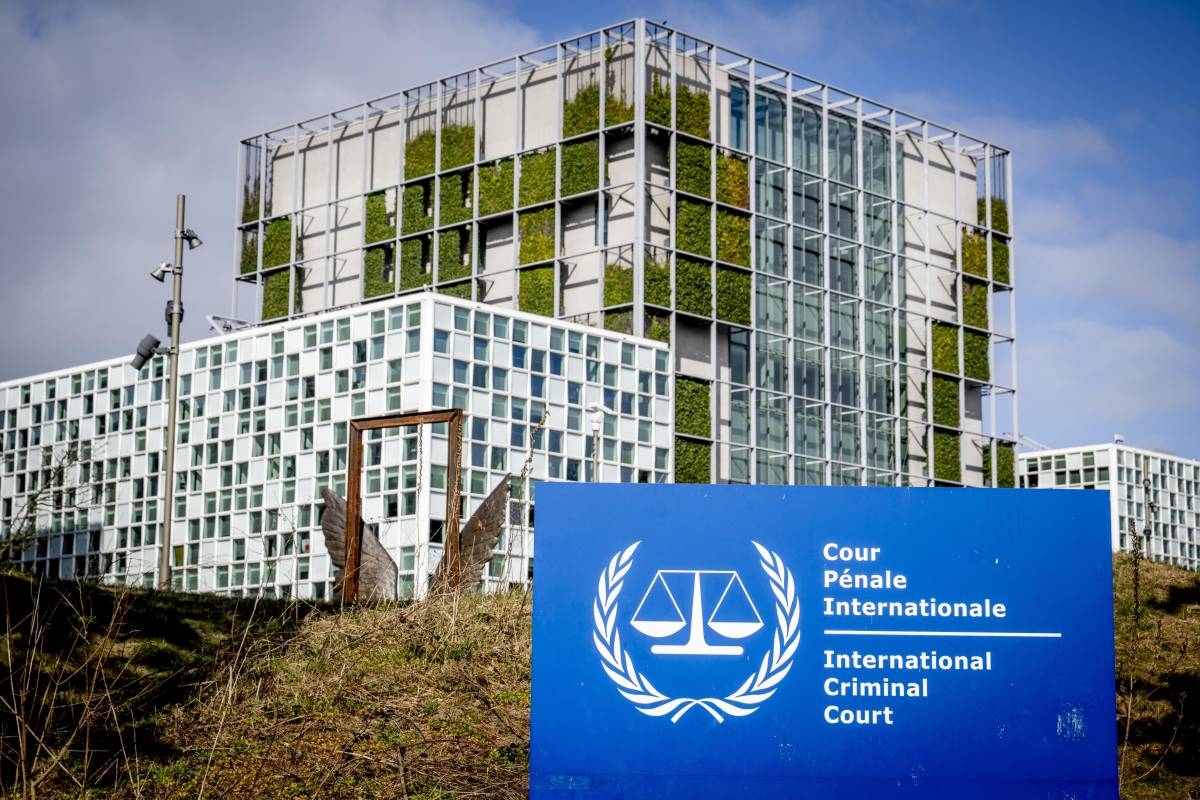Prosecutors turn over evidence

(UPDATE) THE International Criminal Court (ICC) has submitted 181 pieces of evidence to the defense team of former president Rodrigo Duterte, who is standing trial for crimes against humanity in connection with his bloody war on drugs.
The disclosure was made in compliance with an order from Pre-Trial Chamber I, composed of Judges Iulia Antoanella Motoc, Reine Adélaïde Sophie Alapini-Gansou and María del Socorro Flores Liera. The information was included in a public filing with a confidential annex submitted by the ICC Office of the Prosecutor on March 24.
According to court documents, the evidence was disclosed to Duterte's defense team on March 21 as part of the Prosecution's Pre-Confirmation INCRIM package 001. This package contains materials cited in the ICC's arrest warrant for Duterte, except for certain witness testimonies, for which the disclosure deadline has been extended.
The Office of the Prosecutor, led by ICC Chief Prosecutor Karim A. A. Khan KC, stated in its three-page communication that the disclosure follows Articles 61(3)(b) and 67(1)(a) and (b) of the Rome Statute, as well as Rules 76(3) and 77 of the ICC's Rules of Procedure and Evidence. These provisions ensure that the accused has access to evidence before the confirmation of charges hearing, allowing the defense to prepare accordingly.
The ICC has classified an annex to the filing as "confidential" due to the sensitive nature of the disclosed materials. These documents reportedly include testimonies from key witnesses, forensic reports and other critical evidence linking Duterte to extrajudicial killings during his administration's war on drugs.
Court records reveal that the prosecution had previously applied for an extension of the disclosure deadline for certain materials related to seven key witnesses. The Pre-Trial Chamber granted this request on March 20, recognizing the need for additional security measures to protect witnesses who may be at risk.
Duterte, who served as president of the Philippines from 2016 to 2022, was arrested on March 11 after an ICC warrant was executed with international cooperation. He was subsequently transferred to The Hague and made his initial appearance before the ICC, where he was informed of the charges against him.
The arrest warrant, identified as ICC-01/21-83, is based on evidence compiled by the ICC's Office of the Prosecutor, which alleges that Duterte was responsible for crimes against humanity, including murder and other inhumane acts, committed as part of a systematic attack against civilians.
Despite the Philippines' withdrawal from the ICC in 2019, the court maintains jurisdiction over crimes committed while the country was still a signatory to the Rome Statute, covering the period between July 1, 2016 and March 17, 2019.
Duterte's legal team has repeatedly challenged the ICC's authority, arguing that the former president should not be subjected to international prosecution. His lawyers claim that the case is politically motivated and insist that Philippine courts should have jurisdiction over any allegations against Duterte.
The next stage in the ICC proceedings will be the confirmation of charges hearing, where prosecutors will present their case and demonstrate that there is sufficient evidence for a full trial. If the Pre-Trial Chamber confirms the charges, Duterte will face a full trial before the ICC. If convicted, he could face life imprisonment.
Meanwhile, a spokesman for the ICC said its judges are the only authority with the power to decide on Duterte's interim release.
Fadi El Abdallah, the ICC spokesman, issued this statement in response to petitions concerning the legality of Duterte's arrest submitted to the Philippine Supreme Court.
El Abdallah declined to comment on the Philippines' legal processes, emphasizing that the country is responsible for deciding how to handle these issues. He noted, however, that only ICC judges can approve a suspect's release, and any request must go to them for evaluation.
"I cannot comment on the national justice processes. It is up to the Philippines to determine whether certain matters can be declared in a specific manner. Regarding the ICC, only its judges have the authority to order the release of a suspect. Any request for release must be made to them, and they will evaluate the reasons presented before reaching a decision," El Abdallah said.
Certain conditions must be met to be eligible for a temporary release. El Abdallah said an arrest is usually necessary to ensure the suspect appears in court, does not interfere with investigations and does not pose a risk to witnesses.
"It must be submitted to the judges for assessment to determine whether such a release is feasible. In principle, an arrest is justified only if it is essential to ensure that the suspect appears before the chamber, does not obstruct investigations and does not pose a threat to witnesses," he said.
Duterte's lawyers have filed a petition with the Supreme Court, accusing the government of "kidnapping" and demanding his return to Manila.
Also on Wednesday, the Palace said the country has not been cooperating with the ICC, standing firm on President Ferdinand Marcos Jr.'s position that the international tribunal has no jurisdiction over the Philippines.











